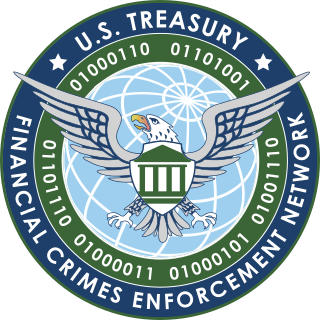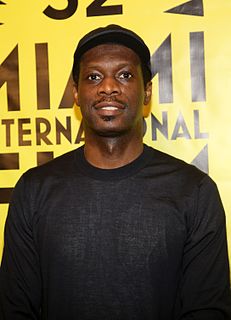Phoenix most often refers to:
Campaign finance laws in the United States have been a contentious political issue since the early days of the union. The Bipartisan Campaign Reform Act (BCRA) of 2002, also known as "McCain-Feingold", is the most recent major federal law affecting campaign finance, the key provisions of which prohibited unregulated contributions to national political parties and limited the use of corporate and union money to fund ads discussing political issues within 60 days of a general election or 30 days of a primary election, until BCRA's provisions limiting corporate and union expenditures for issue advertising were overturned in Federal Election Commission v. Wisconsin Right to Life.

A government bond or sovereign bond is a debt obligation issued by a national government to support government spending. It generally includes a commitment to pay periodic interest, called coupon payments, and to repay the face value on the maturity date. For example, a bondholder invests $20,000 into a 10-year government bond with a 10% annual coupon; the government would pay the bondholder 10% of the $20,000 each year. At the maturity date the government would give back the original $20,000.

The Financial Crimes Enforcement Network (FinCEN) is a bureau of the United States Department of the Treasury that collects and analyzes information about financial transactions in order to combat domestic and international money laundering, terrorist financing, and other financial crimes.

Campaign finance, also known as election finance or political donations, refers to the funds raised to promote candidates, political parties, or policy initiatives and referenda. Political parties, charitable organizations, and political action committees are vehicles used for fundraising for political purposes. "Political finance" is also popular terminology, and is used internationally for its comprehensiveness. Political donations to funds received by political parties from private sources for general administrative purposes.

Prakazrel Samuel Michel is a Haitian-American rapper, producer, songwriter and actor. He is best known as a member of the hip hop group Fugees, alongside Wyclef Jean and Lauryn Hill. After the Fugees, he earned two Top 40 hits, the Grammy-nominated song "Ghetto Supastar " featuring Ol' Dirty Bastard and Mýa from the film Bulworth, and "Avenues" with Refugee Camp All-Stars and Ky-Mani Marley.

Fixed income refers to any type of investment under which the borrower or issuer is obliged to make payments of a fixed amount on a fixed schedule. For example, the borrower may have to pay interest at a fixed rate once a year and repay the principal amount on maturity. Fixed-income securities — more commonly known as bonds — can be contrasted with equity securities – often referred to as stocks and shares – that create no obligation to pay dividends or any other form of income. Bonds carry a level of legal protections for investors that equity securities do not — in the event of a bankruptcy, bond holders would be repaid after liquidation of assets, whereas shareholders with stock often receive nothing in the event of bankruptcy.
McConnell v. Federal Election Commission, 540 U.S. 93 (2003), is a case in which the United States Supreme Court upheld the constitutionality of most of the Bipartisan Campaign Reform Act (BCRA), often referred to as the McCain–Feingold Act.
Money is a medium of exchange by which humans pay for things, or a unit of account or store of value.
Note, notes, or NOTE may refer to:
Cache, caching, or caché may refer to:
Campaign finance in the United States is the financing of electoral campaigns at the federal, state, and local levels. At the federal level, campaign finance law is enacted by Congress and enforced by the Federal Election Commission (FEC), an independent federal agency. Although most campaign spending is privately financed, public financing is available for qualifying candidates for President of the United States during both the primaries and the general election. Eligibility requirements must be fulfilled to qualify for a government subsidy, and those that do accept government funding are usually subject to spending limits on money.
Cash is legally recognized money in such forms as banknotes and coins.
A currency is a particular authorized monetary system, monetized in specific units which may be given international value by their exchange values in foreign exchange.
Crowdfunding is the practice of funding a project or venture by raising money from a large number of people, in modern times typically via the Internet. Crowdfunding is a form of crowdsourcing and alternative finance. In 2015, over US$34 billion were raised worldwide by crowdfunding.
Positive Money UK is a not-for-profit advocacy group based in London and Brussels. Positive Money's mission is to promote a fair, democratic and sustainable economy through reforms of central banks and alternative monetary policy. Its current executive director is geophysicist Fran Boait.
This page is based on this
Wikipedia article Text is available under the
CC BY-SA 4.0 license; additional terms may apply.
Images, videos and audio are available under their respective licenses.



